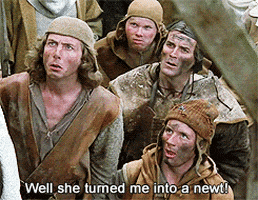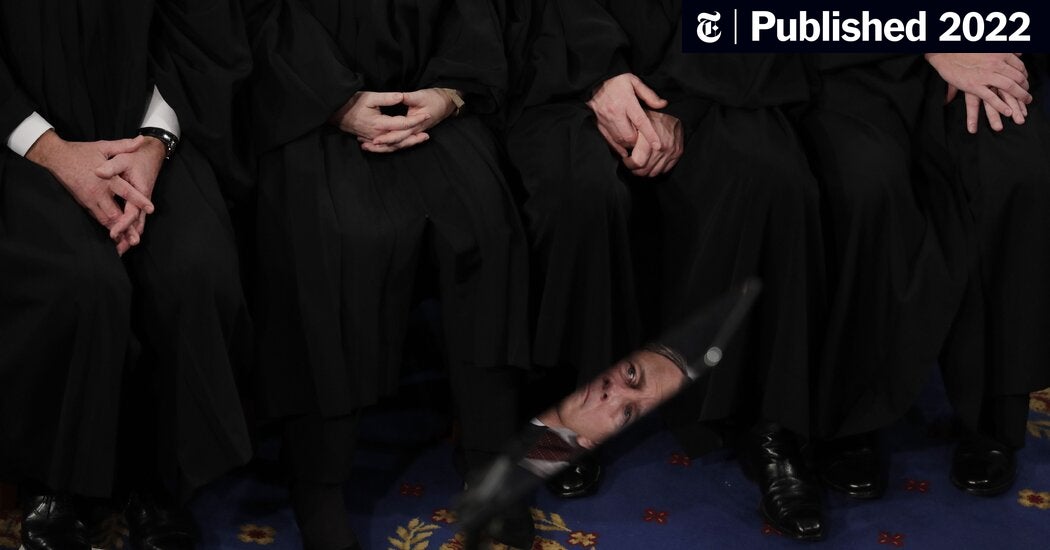Makes taking con law 25 years ago seem...man.
I know Alito, et al are accomplished. They've reached the pinnacle of my profession. They could run tiny or large circles around me, constitutional law-wise.
But no matter their deranged clinging to a 200 year old document, or their cynicism towards stare decisis, the end result will be the same: within the next 3 decades, this country will splinter and dissolve, the experiment of democracy here will at least be put on pause and these 6 self-righteous, pious brainiacs just told 2/3 of America that they're babykillers and that women can't control their own bodies....when all we are are people who live in a world where abortion has existed and will continue to exist or hundreds of thousands of years.
People's real problem should be with God, if you ask me. Is the Big Man too busy? Can't even send his kid down again and straighten this out?
I'm done dealing w grown adults who still believe in fairy tales, and you should be too.
I know Alito, et al are accomplished. They've reached the pinnacle of my profession. They could run tiny or large circles around me, constitutional law-wise.
But no matter their deranged clinging to a 200 year old document, or their cynicism towards stare decisis, the end result will be the same: within the next 3 decades, this country will splinter and dissolve, the experiment of democracy here will at least be put on pause and these 6 self-righteous, pious brainiacs just told 2/3 of America that they're babykillers and that women can't control their own bodies....when all we are are people who live in a world where abortion has existed and will continue to exist or hundreds of thousands of years.
People's real problem should be with God, if you ask me. Is the Big Man too busy? Can't even send his kid down again and straighten this out?
I'm done dealing w grown adults who still believe in fairy tales, and you should be too.




